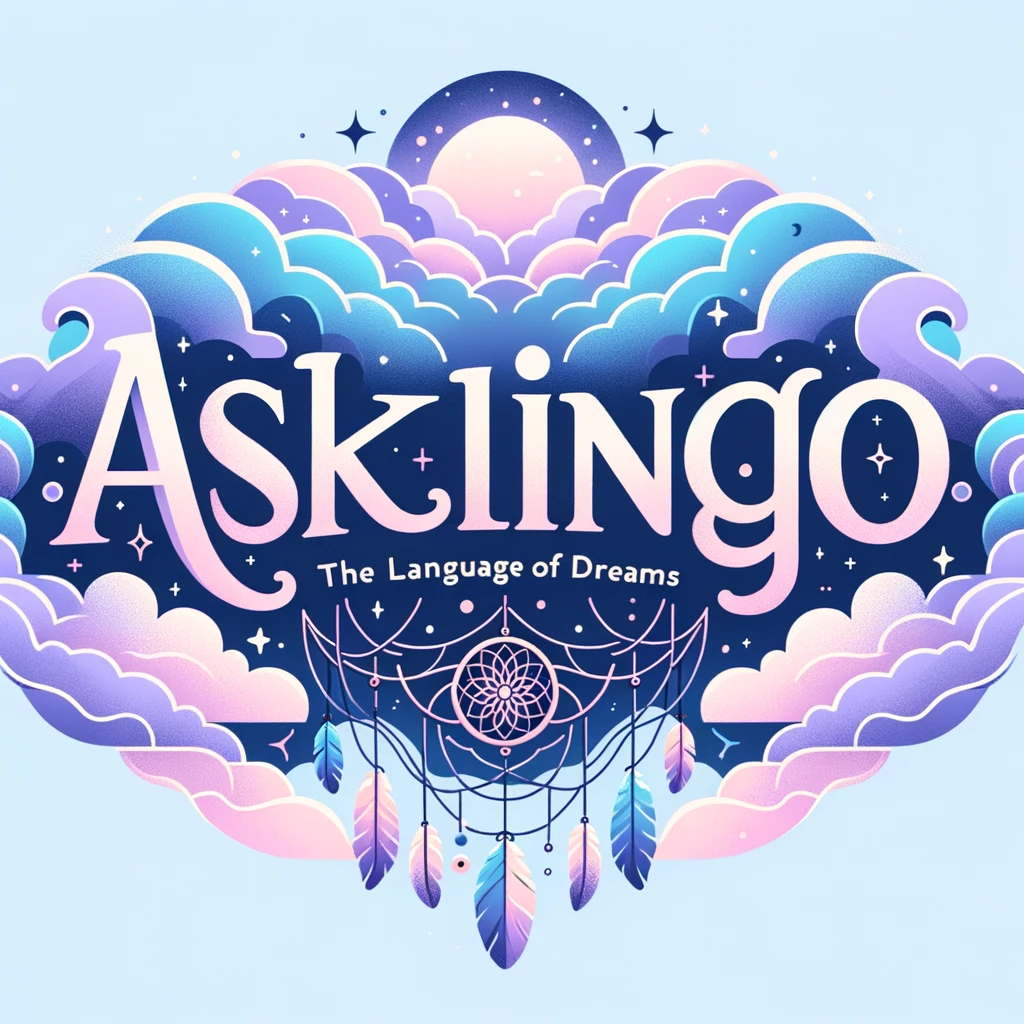Calming Dream Anxiety with Mindfulness Practices
Do you often find yourself waking up from a vivid dream feeling anxious and unsettled? Dream-related anxiety can be distressing, causing disrupted sleep and impacting your overall well-being. Fortunately, there is a powerful tool that can help alleviate this anxiety – mindfulness practices.
Mindfulness involves being fully present in the moment, allowing you to observe your thoughts and feelings without judgment. By incorporating mindfulness techniques into your daily routine, you can reduce dream-related stress, promote restful sleep, and cultivate a sense of serenity.
Before bed, try practicing deep breathing exercises and progressive muscle relaxation to calm your nervous system and reduce anxiety. These simple mindfulness exercises can help prepare your mind and body for a restful night’s sleep, free from the grip of dream-related anxiety.
In addition to pre-sleep rituals, mindfulness meditation can be used to manage anxiety that arises after experiencing disturbing dreams. By focusing your attention on the present moment and practicing non-judgment, you can cultivate a sense of calm and resilience in the face of anxious thoughts and emotions.
Incorporating mindfulness into your daily routine can provide anxiety relief and promote better sleep. So the next time you find yourself caught up in dream-related anxiety, remember to take a moment to breathe, observe, and let go.
Key Takeaways:
- Mindfulness practices can significantly alleviate dream-related anxiety.
- Deep breathing and progressive muscle relaxation techniques can calm the nervous system before bed.
- Mindfulness meditation can help manage anxiety that arises after disturbing dreams.
- Incorporating mindfulness into your daily routine promotes anxiety relief and better sleep.
- Seeking professional help from a therapist or sleep specialist may be beneficial for managing dream-related anxiety.
The Benefits of Mindfulness for Dream-Related Anxiety
Mindfulness practices have gained recognition for their ability to effectively manage dream-related anxiety. By incorporating mindfulness techniques into daily routines, individuals can experience significant anxiety relief and improved overall well-being.
One of the main benefits of mindfulness for dream-related anxiety is its ability to promote anxiety management. By cultivating a non-judgmental and accepting attitude towards anxiety, individuals can develop a healthier relationship with their anxious thoughts and emotions. Mindfulness practices such as deep breathing, body scan meditation, and loving-kindness meditation can help reduce anxiety levels and promote a sense of calmness.
Another advantage of mindfulness is its ability to reduce anxiety by keeping individuals fully present in the moment. By practicing mindfulness, individuals learn to observe their thoughts and emotions without getting caught up in worries or regrets. This allows them to shift their focus to the present experience, promoting relaxation and reducing anxiety levels.
Furthermore, incorporating mindfulness exercises into dream therapy can be highly beneficial. Techniques such as “Just the Wind Blowing,” “The Tao of Anxiety,” and “The Sea of Tranquility” can help calm an anxious mind and provide relief from dream-related anxiety. These exercises encourage individuals to let go of their anxieties and immerse themselves in a sense of tranquility, leading to reduced anxiety and improved well-being.

Understanding Nightmares and their Impact
Nightmares are a common experience, with the majority of adults reporting having nightmares occasionally. While some nightmares may be infrequent and short-lived, others can be persistent and disruptive. Nightmares can be triggered by anxiety, stress, traumatic experiences, or certain mental health conditions. They often involve fear, anxiety, or other distressing emotions and can disrupt sleep, leading to increased daytime anxiety and fatigue. It is important to acknowledge the impact of nightmares on mental and physical well-being and seek appropriate support if needed.
Types of Nightmares
Nightmares can take various forms and may differ in content and intensity. Some common types include:
- Traumatic Nightmares: These nightmares are often associated with past traumatic experiences and can be highly distressing and vivid.
- Frequent Nightmares: Individuals experiencing frequent nightmares may have them multiple times a week, leading to disrupted sleep and increased anxiety.
- Nightmare Disorder: This refers to a condition where nightmares significantly interfere with daily life and overall well-being.
The Impact of Nightmares
Nightmares can have a profound impact on an individual’s emotional and mental health. They can contribute to feelings of fear, apprehension, and anxiety, which can carry over into daily life. Disrupted sleep caused by nightmares can result in daytime fatigue, reduced concentration, and impaired functioning. Additionally, recurrent nightmares can exacerbate existing mental health conditions such as anxiety disorders, depression, and post-traumatic stress disorder (PTSD). It is essential to address the impact of nightmares and develop effective strategies to manage them to ensure optimal well-being.
Support for Nightmare Management
Fortunately, there are various strategies and interventions available to help individuals manage nightmares effectively. Seeking professional help from a therapist or sleep specialist can provide valuable guidance and support in understanding and addressing the underlying causes of nightmares. Therapies such as imagery rehearsal therapy (IRT), cognitive behavioral therapy for insomnia (CBT-I), and exposure, relaxation, and rescripting therapy (ERRT) have shown promising results in reducing nightmares and improving sleep quality. These approaches focus on techniques such as rewriting dream endings, improving sleep hygiene, and using relaxation skills to promote better sleep and reduce nightmare frequency. With the right support and strategies, individuals can find relief from nightmare-related anxiety and improve their overall quality of life.

Effective Approaches to Managing Nightmares
When it comes to managing nightmares, there are several effective approaches that individuals can explore. These approaches can help improve sleep quality and provide relief from the distressing experiences that nightmares often bring. Some of the most commonly used techniques for nightmare management include:
- Imagery Rehearsal Therapy (IRT): This approach involves re-imagining and rewriting the endings of nightmares to create more positive outcomes. By practicing this technique, individuals can regain a sense of control over their dreams and reduce the emotional impact of nightmares.
- Cognitive Behavioral Therapy for Insomnia (CBT-I): CBT-I is a comprehensive treatment for insomnia that can be beneficial for managing nightmares as well. This therapy combines relaxation techniques, sleep hygiene practices, and cognitive restructuring to improve sleep quality and reduce the frequency and intensity of nightmares.
- Exposure, Relaxation, and Rescripting Therapy (ERRT): ERRT is a specialized therapy that focuses on trauma-related nightmares. It combines elements of exposure therapy, relaxation practices, and storytelling to help individuals process and heal from traumatic experiences through their dreams.
Working with a therapist or sleep specialist is key to finding the most suitable approach for managing nightmares. These professionals can provide guidance, support, and personalized treatment plans tailored to individual needs. By incorporating these approaches into one’s routine, individuals can improve their sleep quality and overall well-being.

Improving Sleep Quality through Relaxation Skills
Aside from specific therapeutic approaches, developing relaxation skills can also contribute to better sleep quality and reduce the occurrence of nightmares. Techniques such as deep breathing exercises, progressive muscle relaxation, and guided imagery can help relax the body and calm the mind before sleep. By incorporating these practices into a bedtime routine, individuals can create a peaceful sleep environment and promote a sense of relaxation.
“Relaxation is the key to a restful sleep. By incorporating relaxation techniques into your daily routine, you can set the stage for a calm and peaceful night’s rest. Remember, a relaxed mind is less likely to give rise to anxious dreams and nightmares.”
It’s important to note that the effectiveness of these approaches may vary from person to person. What works for one individual may not work for another, so it’s essential to find the approach that resonates most with your needs and preferences. Seeking professional help and guidance can provide valuable insights and ensure that you receive the most appropriate treatment for your specific situation.
Steps Towards Relieving Dream-Related Anxiety
When coping with nightmares and dream-related anxiety, it’s essential to have effective strategies in place. One of the first steps is to prioritize sleep hygiene. Establishing a consistent sleep schedule and creating a relaxing bedtime routine can help promote better sleep and reduce the occurrence of nightmares. By ensuring a peaceful sleep environment and avoiding stimulating activities before bed, you can improve your chances of having a restful night.
Self-care activities play a crucial role in managing dream-related anxiety. Engaging in regular exercise not only promotes physical health but also helps reduce stress and anxiety. Mindfulness and relaxation techniques, such as deep breathing and progressive muscle relaxation, can also be beneficial in calming the mind and promoting a sense of tranquility. Taking time for self-care activities that bring you joy and relaxation can contribute to overall well-being.
Seeking professional help is another essential step in relieving dream-related anxiety. Consulting with a therapist or sleep specialist can provide valuable support and guidance tailored to your specific needs. They can assist in exploring underlying causes of anxiety, developing coping strategies, and finding the most effective treatment options. Professional help ensures that you receive the necessary guidance and personalized care to overcome dream-related anxiety and improve your quality of life.







